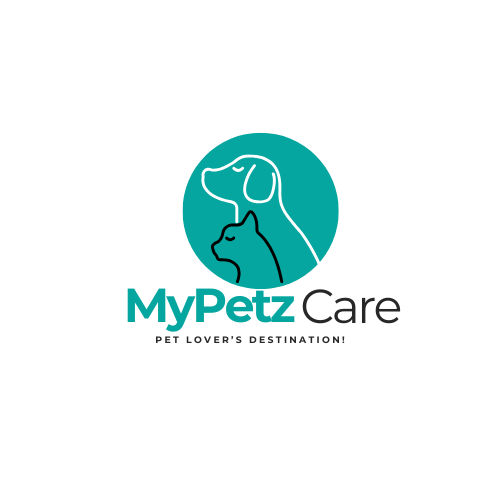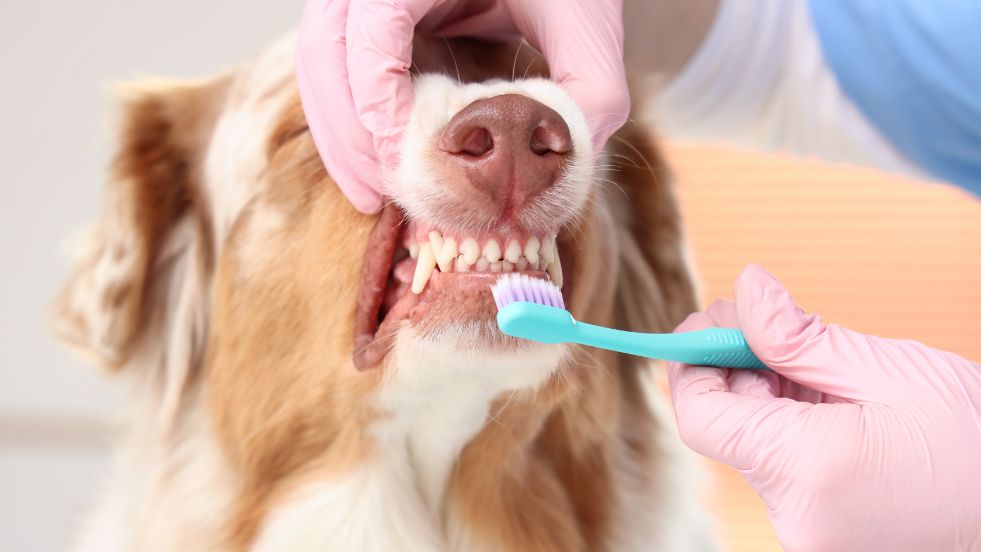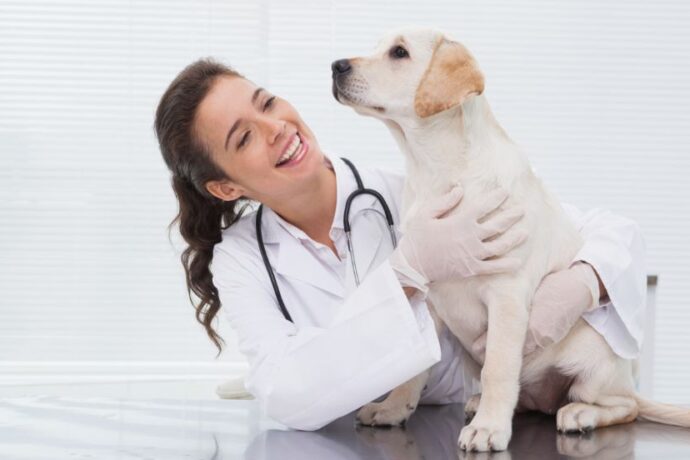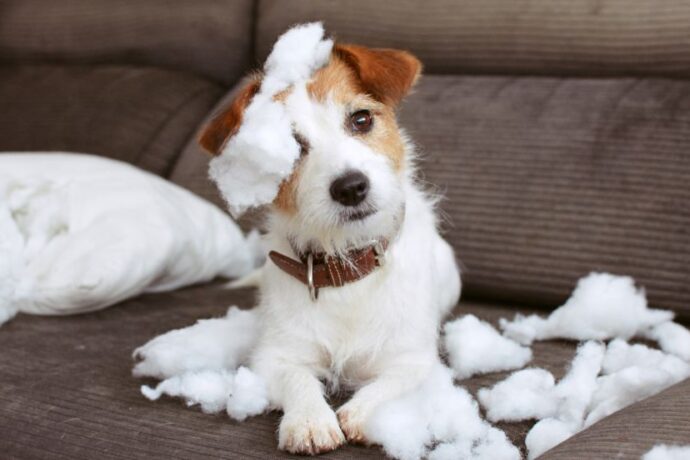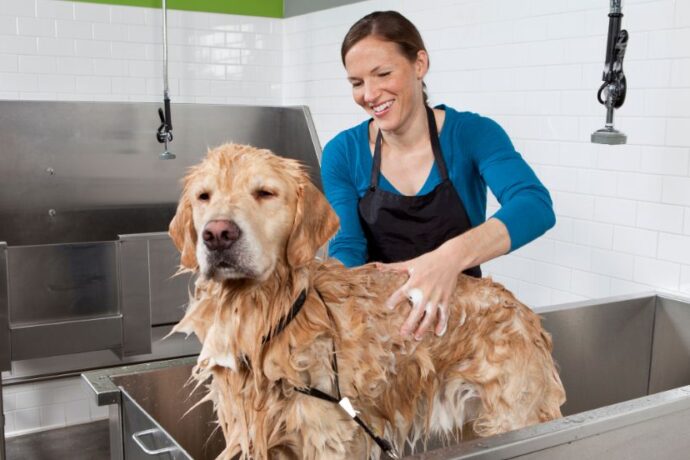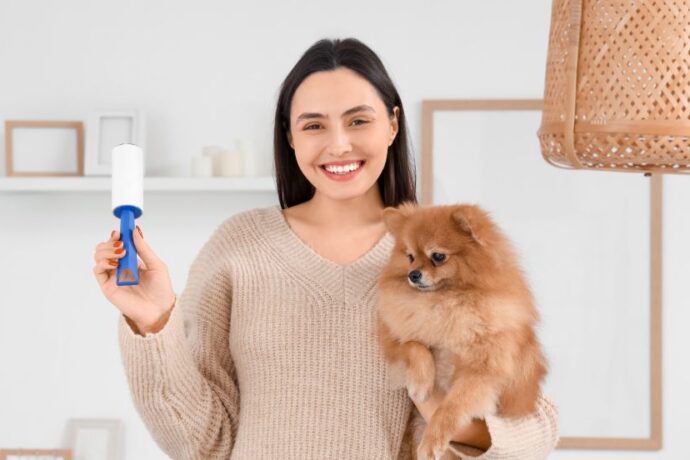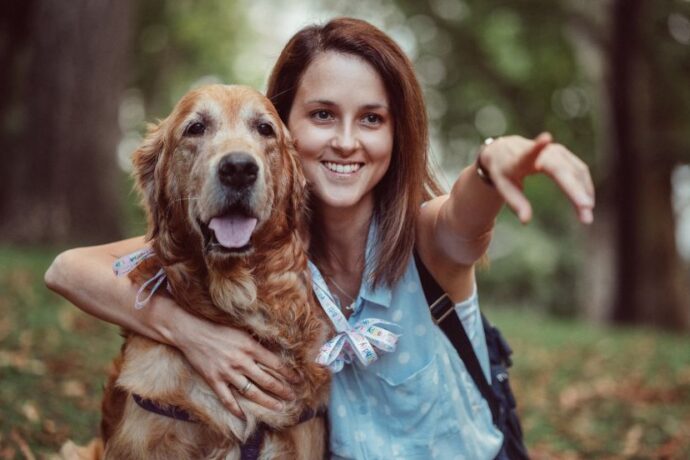If you’re leaning in for a cuddle and are hit with a wall of foul-smelling dog breath, you’re not alone. “Dog breath” might be a punchline in cartoons, but in real life, it can be a sign that something isn’t quite right. While it’s common for dogs to have a bit of an odor to their breath, persistent or strong smells often point to underlying issues—many of which are totally fixable. Let’s dive into what causes this and the quick solutions that actually work.
What’s That Smell? Common Causes of Bad Dog Breath
Before reaching for a minty treat, it’s important to understand why your dog’s breath stinks in the first place. The most common culprits include:
- Dental disease: According to the American Veterinary Dental Society, over 80% of dogs show signs of dental disease by age 3 (1). Built-up plaque and tartar harbor bacteria, which can lead to bad breath, gum disease, and even tooth loss.
- Diet-related odors: Dogs who snack on garbage, spoiled food, or even poop (a behavior known as coprophagia) can develop breath that turns your stomach.
- Underlying health issues: Chronic bad breath can be a symptom of more serious conditions like kidney disease, diabetes, or gastrointestinal disorders.
Understanding the root cause helps you choose the right solution—because no quick fix works if the core issue is ignored.
Fast and Fresh: Vet-Approved Fixes for Bad Dog Breath
While routine dental care and checkups are essential, there are effective ways to quickly improve your dog’s breath. Here are some proven methods to freshen things up—fast:
1. Brush Their Teeth (Yes, Really!)
Just like with humans, regular brushing removes plaque and reduces odor-causing bacteria. Use a dog-specific toothbrush and enzymatic toothpaste—never human toothpaste, which can be toxic to dogs.
2. Dental Chews and Toys
Chewing helps naturally scrape plaque off teeth. Look for dental chews approved by the VOHC (Veterinary Oral Health Council). These have been scientifically tested for efficacy in reducing plaque and tartar.
3. Water Additives
These are like mouthwash for dogs—odorless and tasteless liquids you add to their drinking water. Many contain chlorhexidine or zinc compounds that fight oral bacteria. A 2020 study published in the Journal of Veterinary Dentistry found that some water additives can reduce plaque by up to 50% when used consistently (2).
4. Probiotics for Oral Health
Recent studies have shown that canine-specific oral probiotics can improve mouth microbiota and reduce halitosis. Look for products that include Streptococcus salivarius or Enterococcus faecium, which target oral bacteria directly.
5. A Quick Vet Check
If nothing helps or if the smell is especially foul (think fishy or metallic), schedule a vet appointment. It could be a sign of something more serious, like a tooth abscess or an internal health issue.
Science Says: What are These Fixes?
Many of these fixes aren’t just pet-parent hacks—they’re backed by veterinary science. For example:
- The American Veterinary Dental College recommends daily brushing as the gold standard for oral health (3).
- Peer-reviewed research from Frontiers in Veterinary Science (2021) supports the use of oral probiotics in reducing canine halitosis (4).
- A 2019 VOHC report found that certified dental chews can reduce plaque and tartar by more than 25%, contributing significantly to better breath (5).
These studies reinforce that addressing the bacteria at the root of the issue—rather than just masking the smell—is the key to long-term freshness.
FAQ’s Frequently Asked Quetions
1. Can I use human toothpaste on my dog?
A. No. Human toothpaste contains xylitol and fluoride, which are toxic to dogs. Always use dog-safe toothpaste.
2. How often should I brush my dog’s teeth?
A. Ideally, daily. But even brushing 2–3 times per week can significantly reduce bad breath and dental issues.
3. My dog hates having their teeth brushed. What else can I do?
A. Try water additives, dental chews, and oral sprays. You can also work with a vet or dog trainer to desensitize your dog to tooth brushing gradually.
Final Thoughts:
A little doggy breath might be natural, but an overpowering odor isn’t something you—or your dog—have to live with. Quick fixes like brushing, dental chews, and oral probiotics can make a huge difference. But don’t forget to dig deeper if the smell persists—bad breath is often a whisper of a larger health issue. With a little attention and care, your pup can get back to giving those sweet, stink-free kisses in no time.
References:
1. Dog Owners’ Perspectives on Canine Dental Health
2. Effectiveness of Dental Homecare Protocols in Unscaled Dogs
3. Adherence to dental home care in dogs with periodontitis
4. Role of Probiotics in Halitosis of Oral Origin
5. Effects of novel dental chews on oral health outcomes and halitosis in adult dogs
